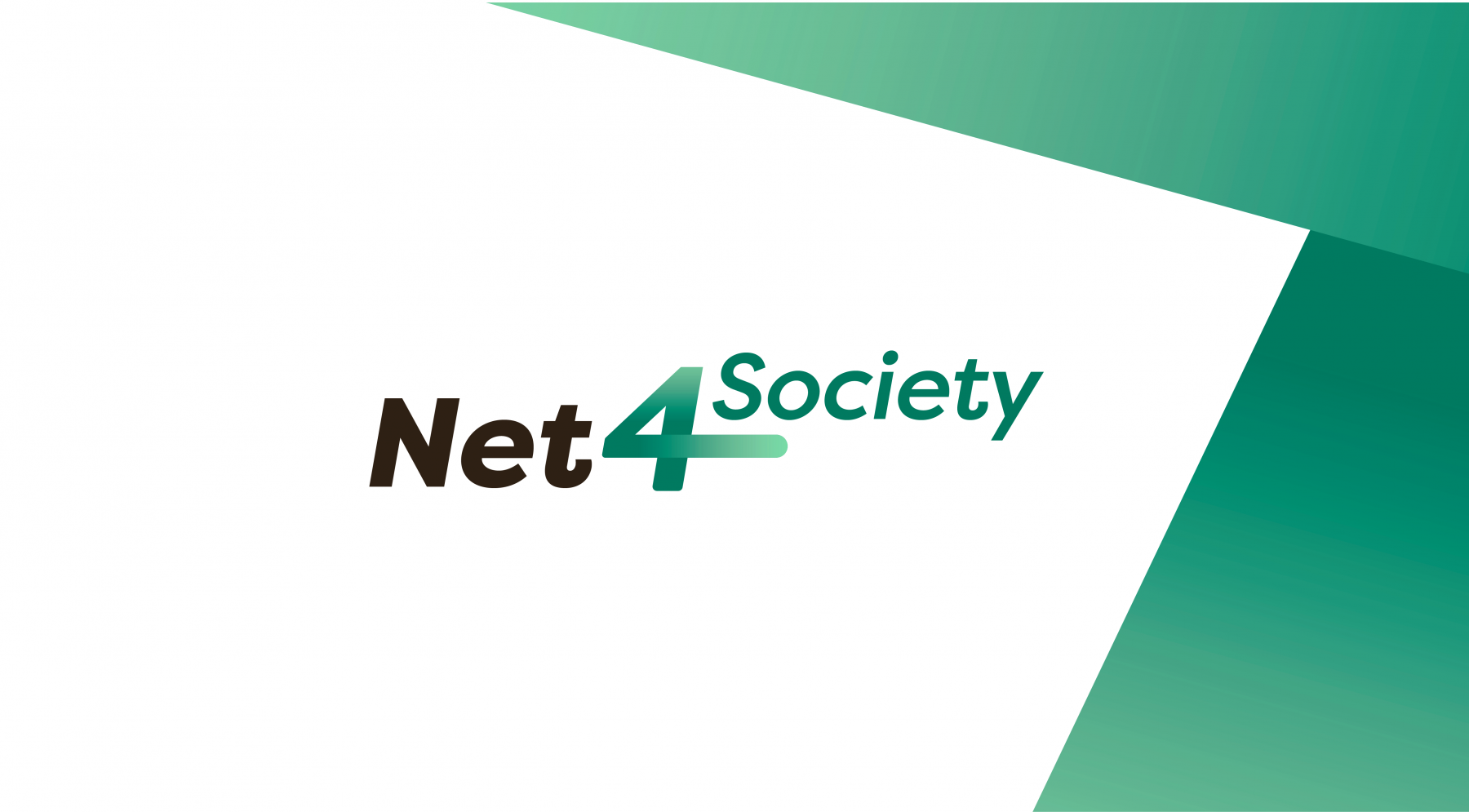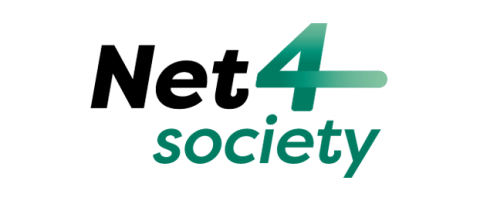Open call with SSH aspects on Citizen-generated solutions and initiatives to advance sustainability, beauty and inclusivity

Published on: 05/08/2024
Deadline:
Deadline for proposal submission: 10 October 2024 at 17:00 (CET)
Weblink (URL):
Short Call Abstract:
The overall purpose of this call is to activate citizen generated solutions and initiatives to resolve challenges facing European cities and peri-urban and rural areas to facilitate the exchange of knowledge between people and to create citizen generated transdisciplinary projects that address sustainability, quality of experience and inclusiveness.
All proposals must address at least one of the challenges described below:
- Reconnecting with nature
Nature-based solutions in cities can help address floods and other extreme weather events, whilst making the built environment more attractive. Climate action can improve air, water and soil quality and overall living conditions. There is a need to transition from a human-centred to a life-centred perspective, to seek inspiration from nature and to learn from it.
Some examples of specific projects that can be addressed are included in the following non-exhaustive list:
- interaction with citizens to encourage the up-take of green solutions.
- co-creation of green spaces to exploit their potential
- greening of the job market through training on protection and promotion of biodiversity etc.
- Regaining a sense of belonging
Building bridges between people involves encouraging intergenerational solidarity, developing links between education and the arts in local environments, and improving common spaces and meeting places.
Some examples of specific projects that can be addressed are included in the following non-exhaustive list:
- promotion of multiple uses of public spaces by end-users and citizens, to create the conditions for enhanced cultural exchange
- promotion of proximity economy
- Prioritising places and the people who need them the most
Special attention should be paid to the specific situation of the most vulnerable groups and individuals, such as those at risk of exclusion or poverty and those experiencing homelessness.
Some examples of specific projects that can be addressed are included in the following non-exhaustive list:
- solutions aimed at universal mobility as a key enabler of social inclusion
- proposals that encompass social manufacturing
- co-design and co-creation of activities with vulnerable citizen groups involving new e-commerce and innovative food delivery services
- The need for long-term, life cycle thinking in the industrial ecosystem
The New European Bauhaus movement promotes an economy based on circularity to tackle unsustainable practices, including resource uses for obsolete buildings or infrastructures. Addressing these challenges concerns the entire industrial ecosystem, from production to delivery and consumption, with a circular economy mindset.
Some examples of specific projects that can be addressed are included in the following non-exhaustive list:
- activities targeting unsustainable mindsets or behaviours in specific social groups to maximize the potential impact.
- revival of cultural traditions of durability and long-term use
- leveraging existing innovations promoting circularity and market opportunities in the agri-food systems and a circular model maintaining the value of food in the economy for as long as possible
More information here.
SSH aspects (keywords/disciplines):
Sociology, Anthropology, Psychology, Political Science, Economics, History, Philosophy, Art and Design, Education.
Specific participation requirements (optional):
All proposals must be composed of one single legal entity (mono-participant call type); consortia are therefore not permitted. Proposals submitted with more than one legal entity will be ineligible.
More details here.
Countries:
Member States of the European Union (EU), and/or in Third countries associated to Horizon Europe.

